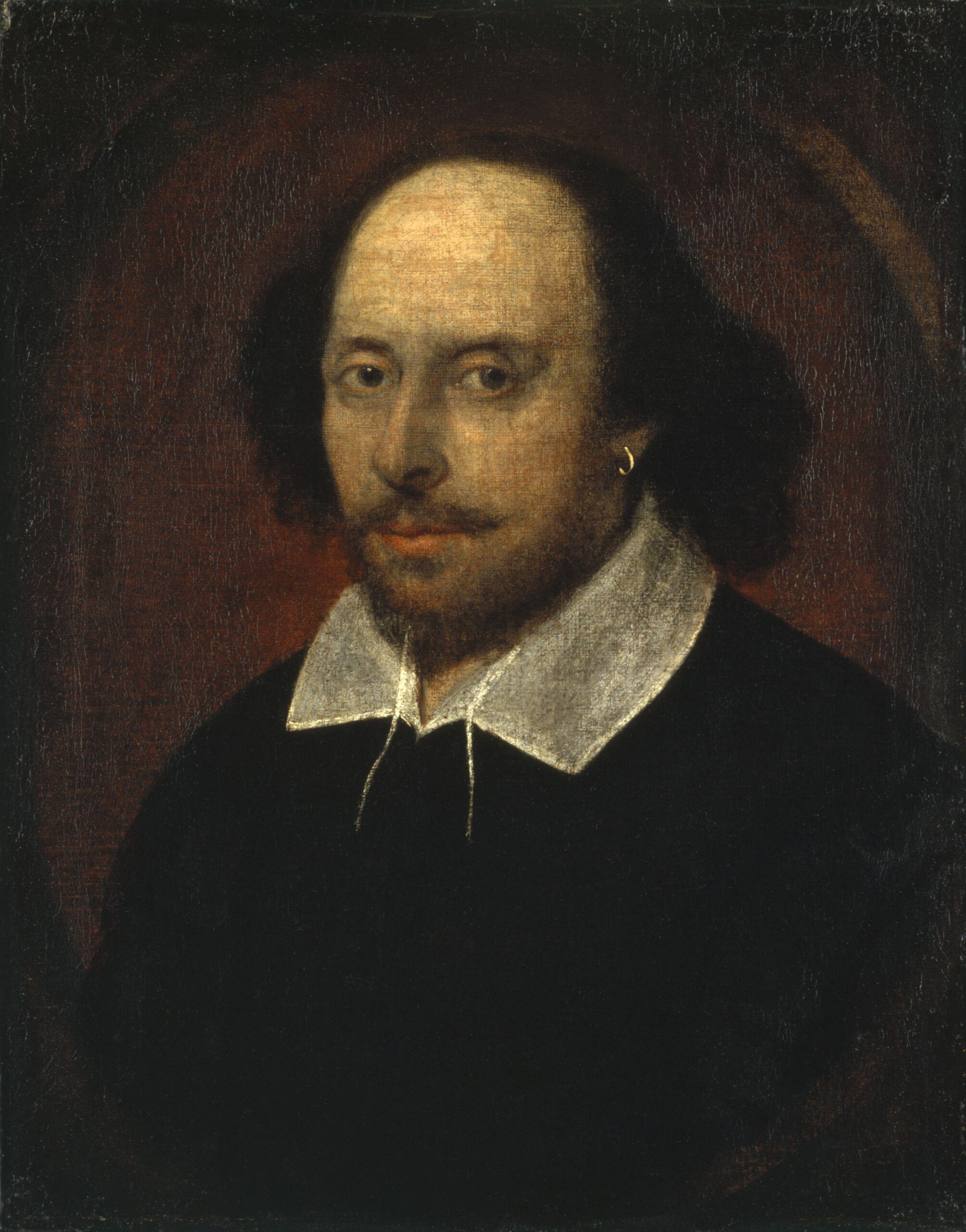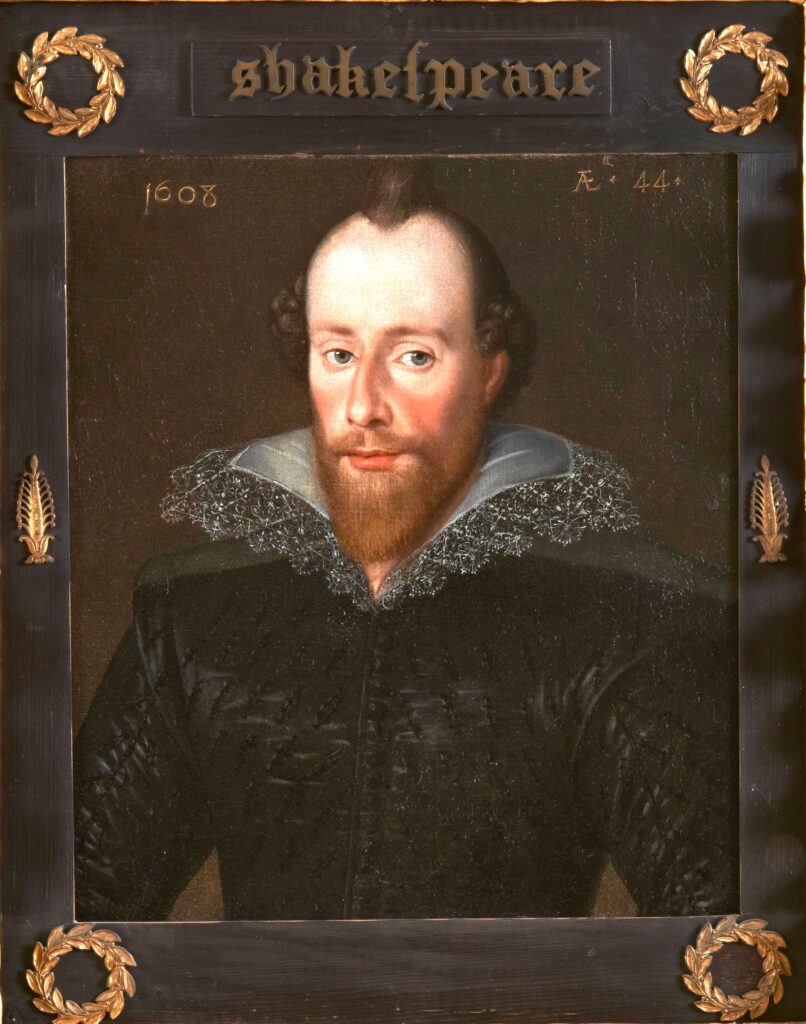William Shakespeare: The Life, Legacy, and Literary Genius of the Bard of Avon

Introduction: The Timeless Voice of English Literature
William Shakespeare, often hailed as the greatest playwright in the English language and one of the world’s most influential literary figures, has left an indelible mark on culture, language, and drama. Born in the 16th century, his works continue to captivate audiences and readers across the globe. His mastery of the human condition, exploration of timeless themes, and unparalleled linguistic creativity have made him a cornerstone of literary education and theatrical performance for over four centuries.
Early Life and Background
William Shakespeare was born on April 23, 1564, in Stratford-upon-Avon, England, to John Shakespeare, a glove maker and town official, and Mary Arden, from a prominent local family. He was likely educated at the local grammar school, where he would have learned Latin, rhetoric, and classical literature—foundations that would deeply influence his later works.
Little is known about Shakespeare’s life between 1585 and 1592—a period often referred to as the “lost years”—but by 1592, he was active in London’s theatrical scene.
Career in Theatre
By the early 1590s, Shakespeare had begun working as an actor and playwright. He became associated with The Lord Chamberlain’s Men, a popular acting company later known as The King’s Men under King James I’s patronage. In 1599, the company built the famous Globe Theatre, where many of his plays were performed.
His career flourished during the reigns of both Elizabeth I and James I, periods of rich cultural activity. Shakespeare not only wrote plays but also acted in them, gaining both financial success and literary fame.
Shakespeare’s Works
Shakespeare’s literary output is staggering: 39 plays, 154 sonnets, and several narrative poems, including Venus and Adonis and The Rape of Lucrece. His work is typically categorized into tragedies, comedies, and histories.
- Tragedies: These include Hamlet, Macbeth, Othello, King Lear, and Romeo and Juliet, exploring themes like fate, madness, betrayal, ambition, and human suffering.
- Comedies: Lighthearted and often romantic, comedies like A Midsummer Night’s Dream, Much Ado About Nothing, As You Like It, and Twelfth Night reveal Shakespeare’s wit and mastery of wordplay.
- Histories: These dramatize the lives of English kings, including Richard III, Henry IV (Parts 1 and 2), Henry V, and King John, often reflecting the politics of his time.
- Romances (Late Plays): Later in his career, he wrote The Tempest, Cymbeline, and The Winter’s Tale, which blend tragedy and comedy with fantastical elements and themes of reconciliation.
Shakespeare’s Language and Innovations
Shakespeare’s influence on the English language is profound. He coined or popularized over 1,700 words and countless phrases still in use today, such as “break the ice,” “wild-goose chase,” and “heart of gold.”
His use of blank verse (unrhymed iambic pentameter), metaphor, wordplay, and soliloquy revolutionized dramatic writing. His characters, even the villains, are psychologically complex, reflecting his deep understanding of human nature.

Sonnets and Poetry
Shakespeare’s 154 sonnets, published in 1609, reveal another dimension of his genius. These 14-line poems explore themes such as love, beauty, time, mortality, and poetic immortality. The identity of the young man, the “Dark Lady,” and the rival poet to whom the sonnets are addressed remains one of literature’s enduring mysteries.
Personal Life
In 1582, at the age of 18, Shakespeare married Anne Hathaway, who was 26 and pregnant with their first child, Susanna. They later had twins, Hamnet and Judith, though Hamnet died young.
While Shakespeare spent much of his professional life in London, he maintained ties to Stratford, eventually retiring there around 1613. He died on April 23, 1616, and was buried in Holy Trinity Church in Stratford. His epitaph famously includes a curse against moving his bones.
The First Folio and Literary Legacy
Seven years after his death, in 1623, two of his actor friends published the First Folio, a collected edition of 36 of his plays. Without this publication, many of Shakespeare’s works might have been lost to history.
His plays have been translated into every major language and adapted countless times for stage, film, and literature. Modern performances—from traditional stagings to avant-garde reinterpretations—testify to his enduring appeal.
Debates and Controversies
Some scholars and theorists have questioned whether Shakespeare was truly the author of the plays attributed to him. The “Shakespeare authorship question” has proposed alternative candidates like Francis Bacon, Christopher Marlowe, or Edward de Vere. However, the majority of historians and literary scholars maintain that William Shakespeare of Stratford wrote the works that bear his name.
Conclusion: The Bard’s Enduring Relevance
William Shakespeare remains not just a monumental literary figure but a cultural icon. His exploration of human emotion, social dynamics, and philosophical inquiry resonates across time and cultures. Whether studied in classrooms, performed on stage, or reimagined in cinema, Shakespeare’s works continue to ask the most profound questions about love, power, ambition, identity, and mortality.
To know Shakespeare is not only to know English literature, but also to gain a mirror into the heart of humanity itself.





